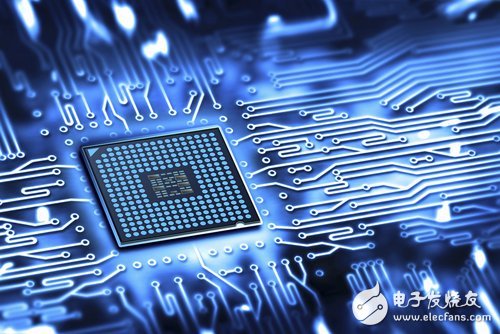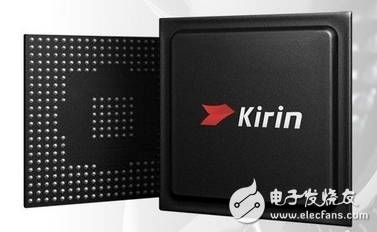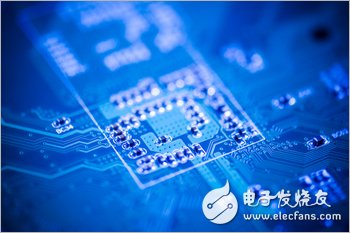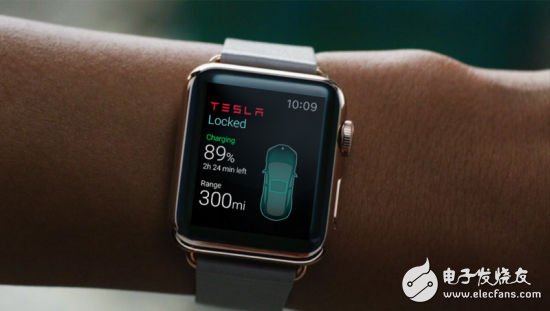Today's core language
Qualcomm's business from the end of last year to the year of this year, although the lawsuit continues, troubles continue, but Qualcomm LTE baseband market share is still close to 80%, the status of its communications hegemony is not easy to shake. Although there are international companies such as Qualcomm and Mercury, the Chinese forces cannot be underestimated. The Chinese chip companies represented by Spreadtrum and HiSilicon play an important role in the international semiconductor industry. As the country's support for the chip industry continues to strengthen, domestic chips will certainly have a rising day, let us wait and see.

First, the processor
1. The transmission of Huawei as the HiSilicon processor will be authorized for the first time. After repeated thinking on the strategic level, Huawei has intentionally let the Haisi business unit operate independently, but will not suddenly let go, but start from the opening up authorization. According to Pan Jiutang, an analyst at Huaqiang Electronics Industry Research Institute, Zhongnuo/OnTIme has obtained the authorization of two Hisilicon chips, namely Kirin 930 and Kirin 630, all of which are 64-bit eight-core processors, of which the former four A57 plus Four A53s and the latter eight A53s are manufactured using TSMC's 16nm process. Huawei P8 is likely to adopt Kirin 930.
2. Qualcomm LTE baseband market share is still close to 80%. Mobile phone chip factory MediaTek's 4GLTE baseband shipments grew rapidly. According to the research institute StrategyAnalyTIcs, MediaTek's 4G LTE baseband market share in the third quarter of last year has surpassed Marvell, ranking the second largest in the world. Strategy AnalyTIcs statistics pointed out that in the third quarter of last year, the global mobile phone baseband market reached 5.5 billion US dollars, an annual increase of about 5%; Qualcomm's market share reached 64%, ranking first, and MediaTek's market share was about 17%. Ranked 2nd. Spreadtrum's market share is about 6%, ranking third; Meiman and Intel (Intel) are ranked 4th and 5th respectively.

Second, the semiconductor
1. Is there a defensive "Great Wall" in the Chinese semiconductor market? The Wall Street Journal recently reported that the Chinese government has asked Spreadtrum to design a customized "safety" processor for officially used smart phones, expecting to replace the US-supplied mobile phone processors in one to two years; because Beijing suspects those from the United States The chip contains "backdoors" that allow foreign espionage to be eavesdropped. After the US CIA staff Edward Snowden disclosed the US government's interception of overseas countries, China had good reasons to protect its country from security risks.
2, Taiwan's analog IC industry has made a lot of surprises, and this year's efforts to compete for high growth. Although most of the Taiwanese analog IC design operators did not have particularly good operational performance in 2014, the duck strokes of the new product development continued. Looking forward to 2015, Taiwanese analog IC design companies will become more complete and mature in analog mobile IC and tablet-related analog IC solutions. In addition to emerging applications such as wearable devices, optical lenses, wireless charging and Internet of Things (IoT), there are also related new analog ICs ready to launch, in line with foreign companies intentionally or unintentionally once again fading out the price competition market, Taiwan analog IC suppliers have He has a high hope for the 2015 revenue and profit growth performance.

Third, communication news
1. Two levels of differentiation in the smartphone market: poorer and poorer, richer and richer. On February 2, foreign media published an analysis article on Sunday saying that it is currently the best period for their development of Apple and Xiaomi, the Chinese smartphone manufacturer known as "China Apple." But for most smartphone manufacturers, this is not the case. In December last year, Xiaomi was valued at US$46 billion in a new round of financing, making it the world's most valued technology innovation company. Apple’s first-quarter earnings report (as of the end of December) released last week clearly showed that consumers are not only eager for the company’s big-screen phones, but that CEO Tim Cook is leading The company is moving in the right direction.

Fourth, automotive electronics
1. The Germans invented a very advanced automatic parking system. The automatic parking system used at Düsseldorf International Airport in Germany is called “RAY†and is part of Serva's introduction of the latest Serva Transport system, which can move up to three tons of cars by mechanical means without human intervention. To the designated parking space. The target users of the "RAY" automatic parking system are busy business people who are eager to travel to the airport, and have developed a corresponding set of applications for remote control.
2, Tesla Apple Watch application debut: can control the car lock air conditioning. On the morning of February 2, although the Apple Watch has not yet been released, some developers have launched the Tesla electric car third-party watch software, which can control the state of the car lock, air conditioner, and headlights. Today, Eleks Labs software developers have developed a third-party Apple Watch app for Tesla Electric. According to the company's mobile business developer Markiyan Matsekh, the app allows users to control the Tesla Model S car through a watch, while also seeing information about the car, such as remaining battery capacity, renewable mileage and lock status.

Five, smart home
1. Intel announced the acquisition of Lantiq to complement the shortcomings of connected homes. On February 2, Intel announced the completion of the signing of a final agreement for the acquisition of Lantiq, a provider of broadband access and home networking technology solutions based in Munich, Germany. This means that Intel is really pushing its connected home business. Although Intel did not disclose the specific transaction amount and other details of the transaction, Intel said it is trying to become the best choice for all smart connected devices and technologies, and smart gateways and intelligent access networks are important. The key link.

Sixth, intelligent hardware
1, Godson also do intelligent hardware, will face three major thresholds. The last time Godlon appeared in the public's field of vision was a rumor. At that time, it was reported that Loongson will acquire AMD to expand the strength of the domestic CPU team and open up the international market. Recently, another more pragmatic news said that the open source Loongson motherboard was successfully debugged and is preparing for mass production. The Loongson Club will establish its own intelligent hardware crowdfunding platform to promote intelligent hardware projects based on the "open source Loongson motherboard". This news was confirmed by the Loongson official. The club will show developers and makers the strength of the Loongson platform in the field of embedded intelligent hardware through products based on Loongson's wireless home gateway, 3D printer and digital photo frame.

Villa Lift,Attic Elevator,Small Lift For Home,Electric Lifts For Homes
XI'AN TYPICAL ELEVATOR CO., LTD , https://www.chinaxiantypical.com